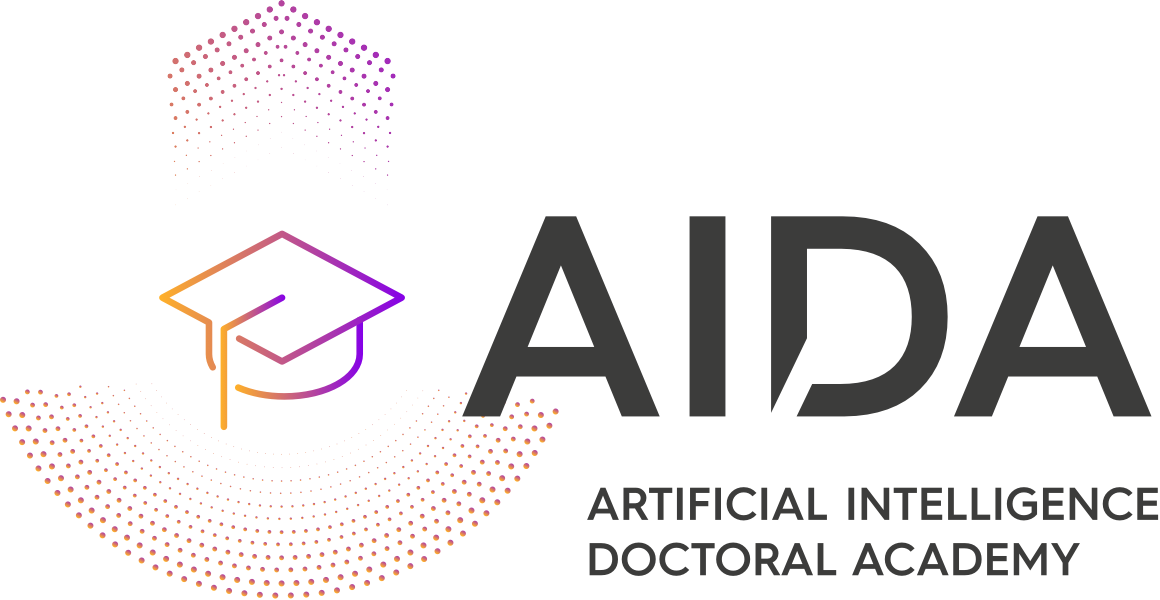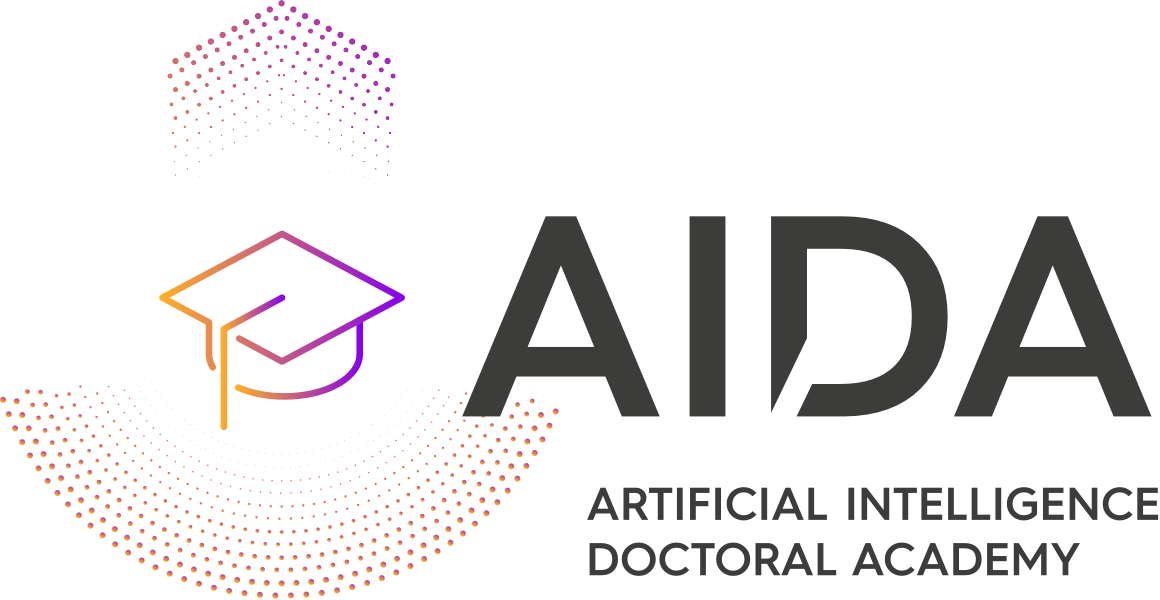Foundations of Artificial Intelligence
Level
Foundational, Broad, Theoretical
This topic presents the foundations, scope, history and methodologies of AI.

Learning outcomes
Knowledge

Student should be able to:
- Comprehend and compare the various definitions of AI.
- Understand/describe the history of AI and the eras into which it can be periodized.
- Properly position AI within computer science and analyse its links with other fields of science or philosophy (neuroscience, philosophy of mind, electrical/electronic engineering, mathematics, cognitive science).
- Understand and historically order the most important propositions in the philosophy of AI (e.g., Turing test, physical symbol system hypothesis, etc.).
- Comprehend the specific relationship of AI with logic, applied math, game theory and other areas of mathematics.
- Compare and discriminate between different AI methodological paradigms (symbolic, computational, etc.).
- Understand/describe the concept of the intelligent agent.
skills




Students should be able to:
- Apply their critical and analytical faculties, in order to argue about the comparative advantages / disadvantages of different methodological paradigms from the rich history of AI.
- Clearly argue about similarities and differences between natural/human intelligence and artificial intelligence, given the current level of technological progress and potential near-future advances.
Application




Students should be able to:
- Work effectively with others in an interdisciplinary and/or international team.
- Clearly and succinctly communicate their ideas to technical and non-technical audiences.



 Back to List
Back to List